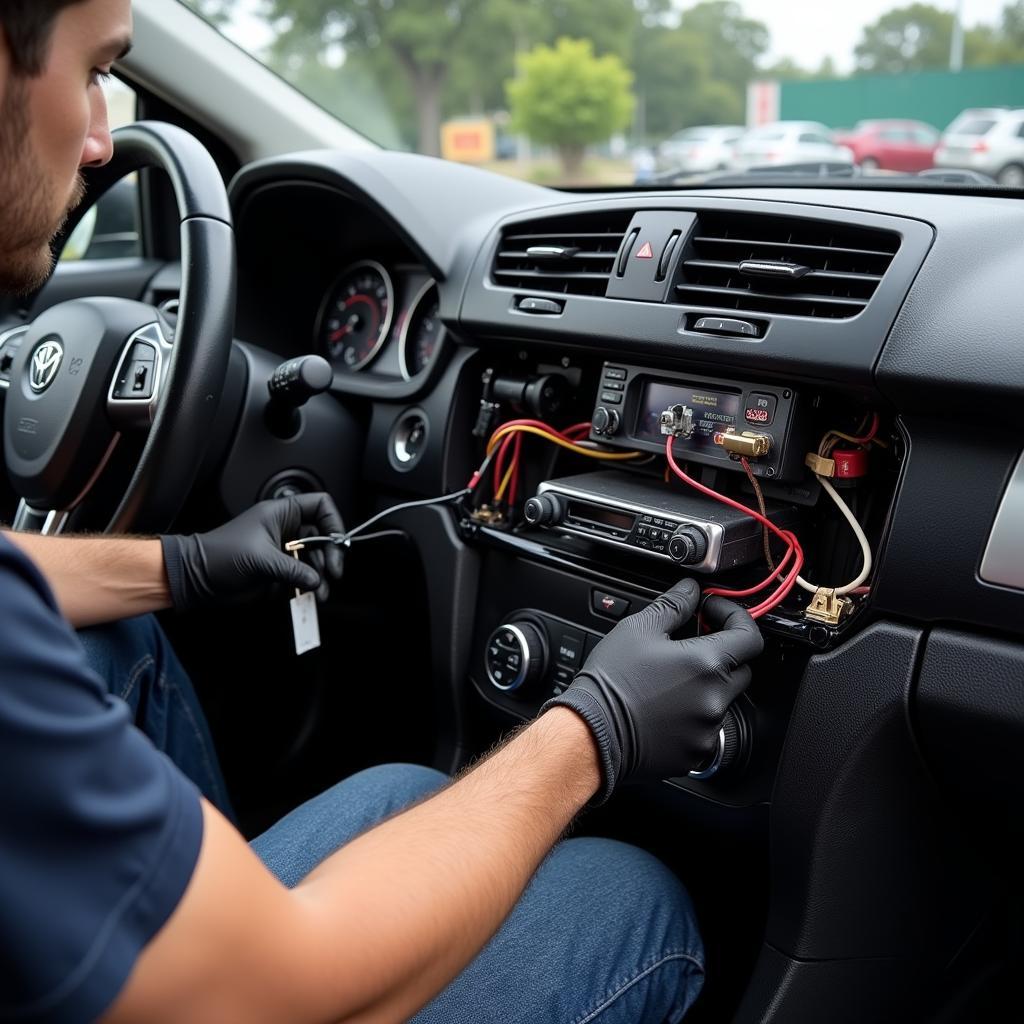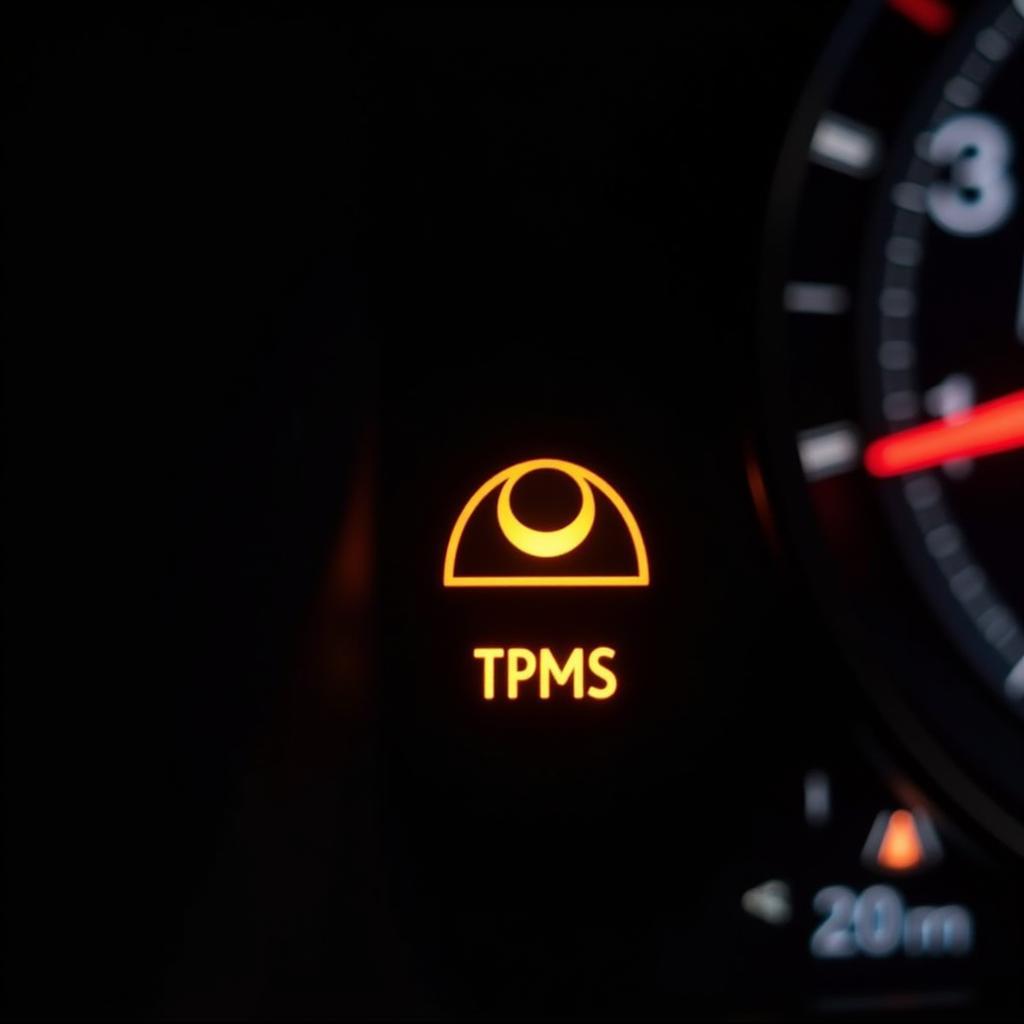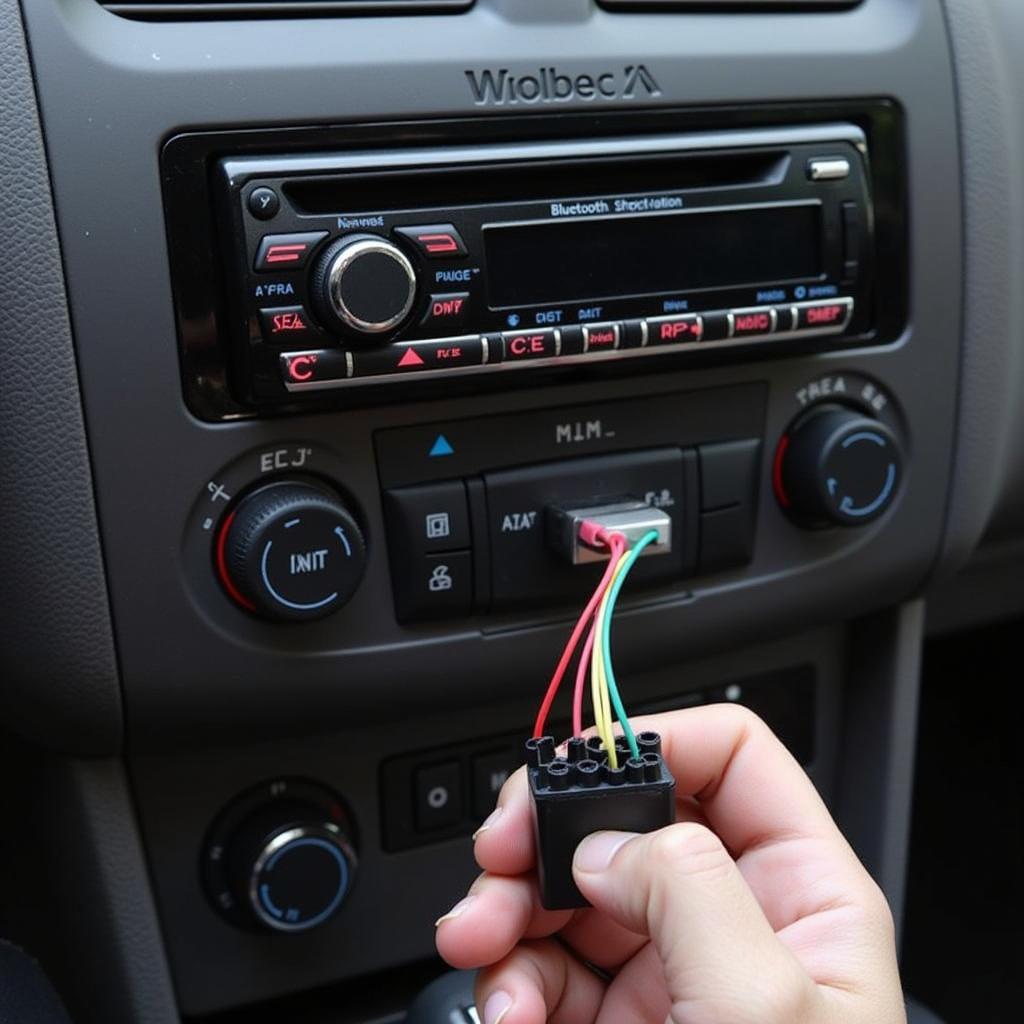Understanding what qualifies as an anti-theft device for your car can save you money on insurance and provide peace of mind. Many vehicles come equipped with factory-installed systems, but there are also aftermarket options available to enhance your vehicle’s security. This article explores the various types of qualifying anti-theft devices, how they work, and the benefits they offer.
what is anti theft discount in car insurance
Understanding Anti-Theft Device Requirements
Insurance companies often offer discounts for vehicles equipped with anti-theft devices. However, not all devices qualify for these discounts. Qualifying devices typically need to meet specific criteria, such as permanently installed systems that deter theft or aid in vehicle recovery. These can range from simple audible alarms to sophisticated GPS tracking systems. Understanding these requirements is key to maximizing your insurance savings.
 Qualifying Anti-Theft Devices for Cars
Qualifying Anti-Theft Devices for Cars
Types of Qualifying Anti-Theft Devices
There are various types of anti-theft devices that typically qualify for insurance discounts. These devices offer varying levels of protection and can be categorized into several key groups:
- Audible Alarms: These are the most common type, emitting a loud siren when the vehicle is tampered with. This often deters thieves by drawing attention to the attempted theft.
- Immobilizers: These devices prevent the engine from starting without the correct key or fob, making it extremely difficult for thieves to drive the vehicle away. Modern vehicles often have immobilizers as a standard feature.
- GPS Tracking Systems: These systems allow you and law enforcement to track the vehicle’s location in real-time, increasing the chances of recovery if stolen. Some systems even allow remote disabling of the engine.
- Steering Wheel Locks: These physical devices lock the steering wheel in place, making it impossible to steer the vehicle. While seemingly simple, they provide a strong visual deterrent.
- Kill Switches: These devices cut off power to essential components of the vehicle, such as the fuel pump or ignition system, preventing the engine from starting.
How Anti-Theft Devices Affect Insurance Premiums
Insurance companies recognize the value of anti-theft devices in reducing the risk of vehicle theft. As a result, they often offer discounts to policyholders who have these devices installed. The discount amount varies depending on the insurance provider, the type of device, and the vehicle’s overall risk profile.
Why Should I Install an Anti-Theft Device?
Beyond the insurance discounts, installing an anti-theft device offers several important benefits:
- Deterrence: The visible presence of an anti-theft device, like a steering wheel lock or blinking alarm light, can deter potential thieves.
- Peace of Mind: Knowing your vehicle is protected provides valuable peace of mind, reducing anxiety about theft.
- Increased Resale Value: A vehicle equipped with a comprehensive security system can be more appealing to buyers, potentially increasing its resale value.
 Anti-Theft Device Installation in Car
Anti-Theft Device Installation in Car
What Are the Most Effective Anti-Theft Devices?
The most effective anti-theft systems often combine multiple layers of security, such as an immobilizer, alarm, and GPS tracking. This layered approach makes it significantly more difficult for thieves to steal or successfully dispose of the vehicle. Choosing the right combination depends on your budget, vehicle type, and personal preferences.
Do I Need an Aftermarket Anti-Theft Device if My Car Already Has One?
Many modern cars come with factory-installed anti-theft systems, but these are often basic immobilizers. Adding an aftermarket device, such as an alarm or GPS tracker, can significantly enhance your vehicle’s security.
“Investing in a quality anti-theft system is a smart decision, offering both financial and emotional benefits,” says John Smith, Automotive Security Expert at SecureRide Systems.
Conclusion
Knowing what are qualifying anti-theft devices for cars is essential for protecting your vehicle and potentially saving money on your insurance premium. By understanding the different types of devices available and their benefits, you can make an informed decision about which system best suits your needs and budget. Protecting your vehicle with a robust anti-theft device provides peace of mind and contributes to a safer driving experience.
FAQ
- Do all car insurance companies offer discounts for anti-theft devices? Most insurance companies do offer discounts, but the specific requirements and discount amounts vary. Contact your insurance provider for details.
- Are there any downsides to installing an anti-theft device? The primary downside is the initial cost of the device and installation. Some devices can also trigger false alarms, which can be inconvenient.
- Can I install an anti-theft device myself? While some devices are designed for DIY installation, professional installation is often recommended, especially for complex systems.
- How do I know if my current car insurance policy includes an anti-theft discount? Review your policy documents or contact your insurance agent to verify if you are currently receiving a discount.
- What is the average discount for an anti-theft device on car insurance? Discounts can range from 5% to 25% depending on the insurance provider and the type of device.
- Are there any legal requirements for anti-theft devices in cars? While not typically mandatory, some states or regions may have specific regulations regarding anti-theft devices for certain types of vehicles.
- How often should I test my car’s anti-theft system? It is recommended to test your system periodically, at least once a month, to ensure it is functioning correctly.


